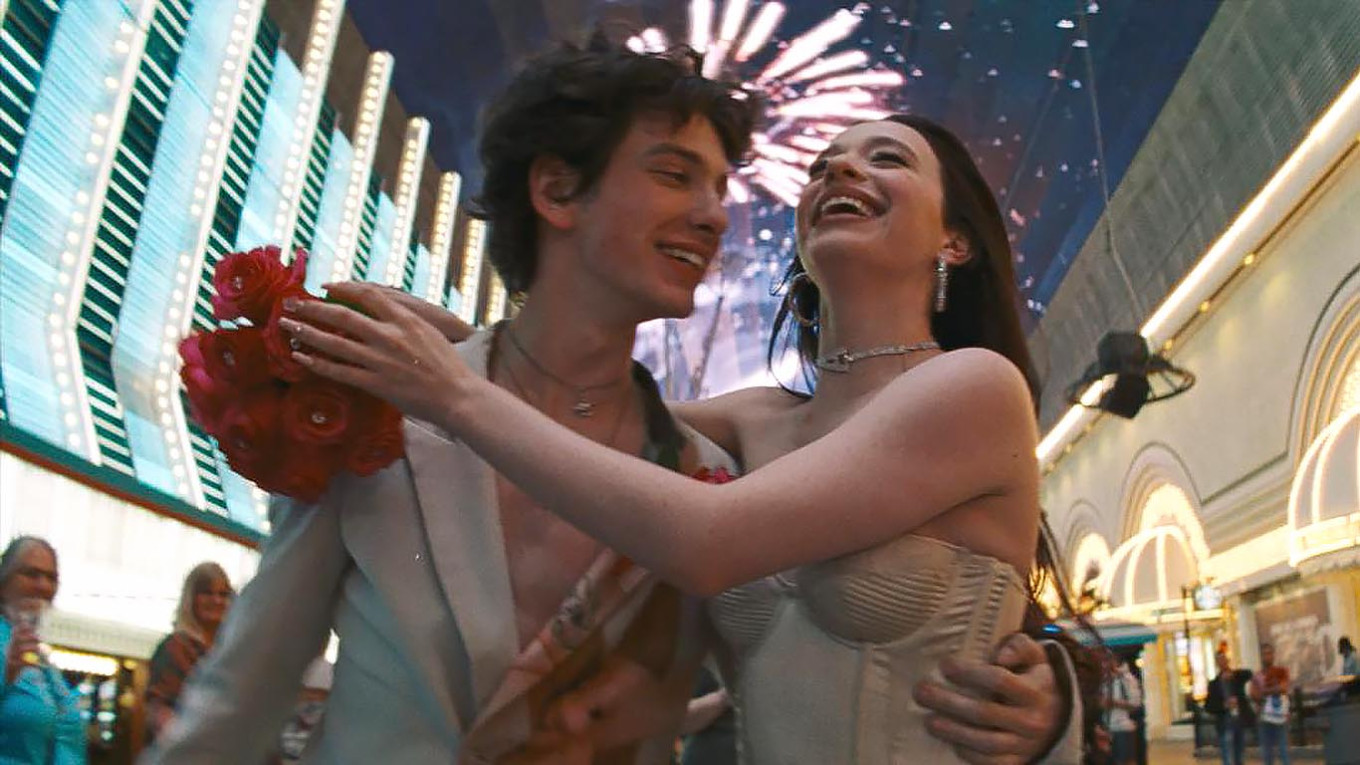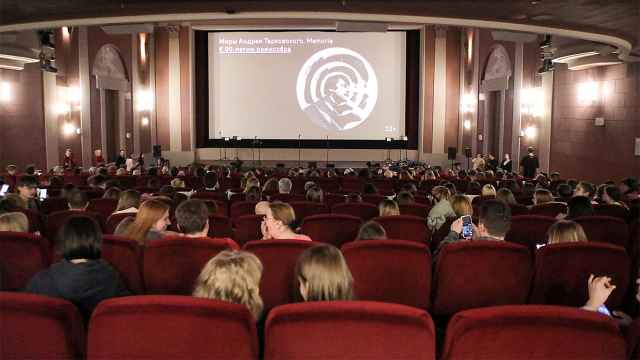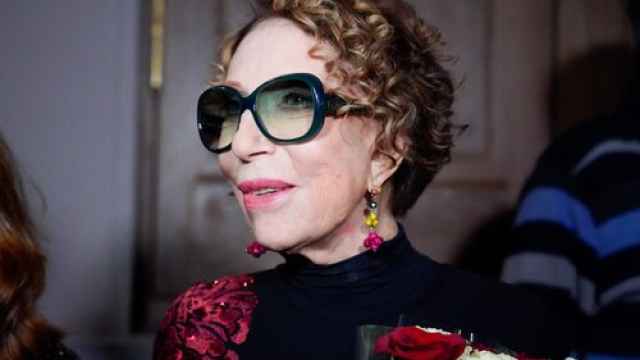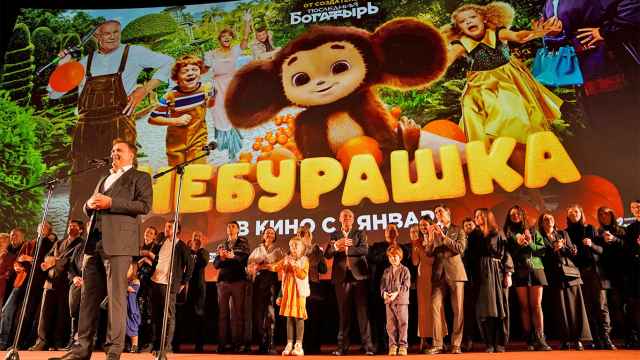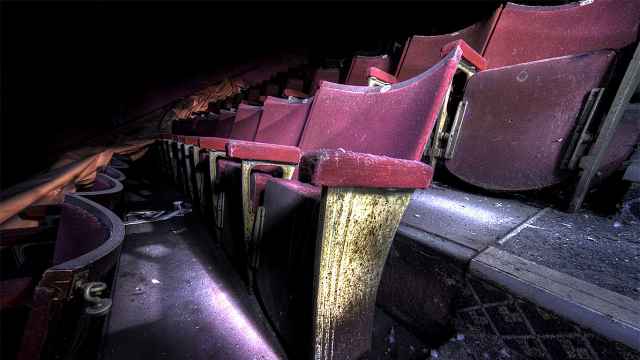This year Western sanctions and political tensions have kept most Russian directors and actors focused on projects at home.
But there is an exception — the film “Anora,” which was directed by American Sean Baker and features a predominantly Russian cast.
The film emerged as the surprise hit of the year, winning the prestigious Palme d’Or at the 77th Cannes Film Festival in May and generating positive buzz at the Toronto Film Festival in September.
Sean Baker, known for his investigative stories in independent cinema, tells the story of a Brooklyn prostitute (Mikey Madison) who marries Ivan, the son of a Russian oligarch (Russian actor Mark Eidelstein). Conflict arises when Ivan's family seeks to annul the marriage when they discover Anora’s past. As the film explores these personal and familial conflicts, it also touches on broader socio-political issues in the Russian diaspora and contrasting cultural mores.
“Anora” did not have an easy time at the Cannes Film Festival. Jury president Greta Gerwig faced harsh criticism for awarding a film featuring Russian actors during Russia’s ongoing war in Ukraine. Other critics argued that “Anora” lacked the experimental edge typically celebrated by the Palme d’Or, sparking debates about artistic merit and political appropriateness. However, as the year progressed, the initial backlash subsided, and “Anora” began to gain traction in various awards circles, positioning itself as a formidable Oscar contender to heavyweights like “Dune: Part Two” and “The Brutalist.”
Baker was very careful to cast actors who accurately portray the story’s cultural nuances. His longtime friendship with Armenian actor Karren Karaguilian, a Brooklyn resident for nearly 30 years, helped him understand the milieu that serves as the film’s backdrop. Baker first encountered Yuri Borisov’s work in Juho Kuosmanen’s “Compartment No. 6” at the Cannes Film Festival. He asked the Finnish director about his experience with Borisov. “He’s the best guy in the world,” Kuosmanen replied. Baker was sold.
Initially hesitant, at a press conference in Cannes Borisov said, “I had to watch Baker’s films and see the soul in them.” He then recommended Eidelstein for the role of Ivan. Borisov brings emotional depth to the film with his portrayal of Igor, the hired henchman. His character wrestles with loyalty and cultural identity, duty and personal connection. Reflecting on his role, Borisov said, “I wanted to evoke real emotions in Igor…he empathizes with Anora. I realized that he was someone who was trying to help, even if he was in a difficult situation.” His commitment to authenticity is particularly evident in the film’s climactic scene, when Igor confronts Anora. “Yes, I like it because, first of all, it’s funny,” he reflected. “In this scene, I wanted to feel everything, even the pain, to accurately portray Igor’s struggle.”
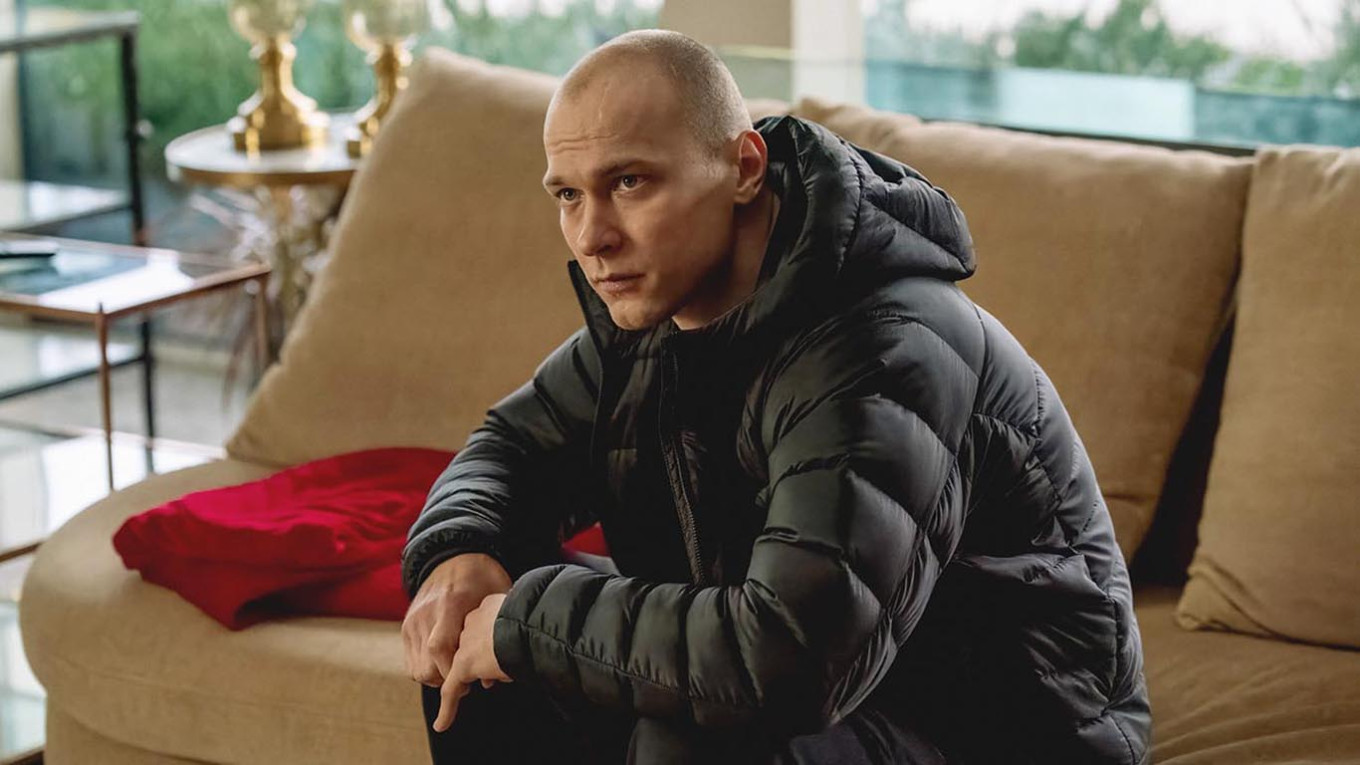
The actors had no personal connection with their roles. At the Cannes festival Mark Eidelstein said, “Unfortunately, I’m not the son of oligarchs and don’t own any jets. Ivan represents a dark side of me that I never knew.” Despite his less than affluent background, he managed to bring an energy to the character that laid bare the allure and danger of wealth.
Baker recounted the casting process at a press conference in Cannes: “We got on Zoom with Mark and gave him the synopsis. Within hours, he sent us his audition video — completely naked. I thought, ‘How can we not give him this role?’”
Eidelstein continued to surprise Baker on set, working closely with Baker and his actors to convey cultural nuances authentically. “Sometimes we would joke in Russian, and Sean would enjoy it even if he didn’t know the words,” Borisov recalled.
Set against the backdrop of the vibrant Russian community of Brighton Beach, Coney Island, Baker navigated this aspect of the film with care. “I relied heavily on my actors to help me understand the intricacies of their culture and language,” he stated. This sensitivity allowed “Anora” to resonate with audiences, transcending the political climate surrounding it.
More than a love story, “Anora” serves as a commentary on the transactional nature of relationships within a capitalist society. Baker articulated this vision: “The film examines how sex work exists within a spectrum of human relationships. It’s about understanding the different facets of connection, whether genuine or transactional.” Borisov added, “It’s about survival in a world that often misunderstands or exploits people. Igor wants to protect Anora, but he’s also trapped in this system.” This layered approach invites viewers to reflect on broader societal issues while engaging with the personal struggles of the characters.
What began as a barrage of criticism for “Anora” quickly turned into admiration. With Yuri Borisov nominated for Best Supporting Actor at the Gotham Awards (to take place on December 2) and discussions of potential Oscar nominations, “Anora” shows how artistic expression can — sometimes — successfully navigate controversy.
A Message from The Moscow Times:
Dear readers,
We are facing unprecedented challenges. Russia's Prosecutor General's Office has designated The Moscow Times as an "undesirable" organization, criminalizing our work and putting our staff at risk of prosecution. This follows our earlier unjust labeling as a "foreign agent."
These actions are direct attempts to silence independent journalism in Russia. The authorities claim our work "discredits the decisions of the Russian leadership." We see things differently: we strive to provide accurate, unbiased reporting on Russia.
We, the journalists of The Moscow Times, refuse to be silenced. But to continue our work, we need your help.
Your support, no matter how small, makes a world of difference. If you can, please support us monthly starting from just $2. It's quick to set up, and every contribution makes a significant impact.
By supporting The Moscow Times, you're defending open, independent journalism in the face of repression. Thank you for standing with us.
Remind me later.



